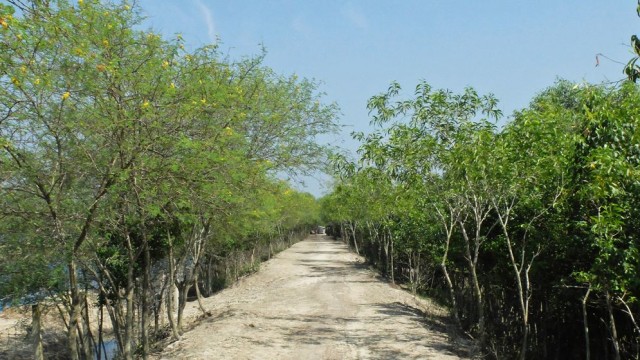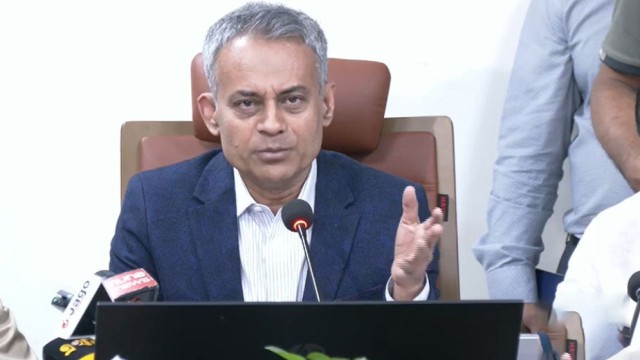The provided information underscores the persistent air quality challenges faced by Dhaka, Bangladesh. On Thursday (March 28) morning, Dhaka ranked third globally among cities with the worst air quality, with an Air Quality Index (AQI) score of 169 at 8:55 am. This places Dhaka's air quality in the 'unhealthy' zone, which can pose risks, particularly for sensitive groups.
The AQI scale categorizes air quality into different levels, ranging from 'unhealthy' to 'hazardous.' Dhaka's current AQI falls within the 'unhealthy' range, indicating elevated levels of pollutants in the air that can have adverse effects on health.
The main contributors to Dhaka's poor air quality are various pollutants, including particulate matter (PM10 and PM2.5), NO2, CO, SO2, and ozone. These pollutants have been linked to a range of health issues, such as heart disease, respiratory diseases, lung infections, and cancer.
It's noted that Dhaka's air quality tends to deteriorate during the winter months and improves during the monsoon season. However, addressing air pollution in the city requires sustained efforts and comprehensive strategies to mitigate emissions from multiple sources.
Globally, air pollution remains a significant risk factor for death and disability, contributing to various health conditions. Studies have consistently shown that exposure to polluted air increases the likelihood of developing cardiovascular diseases, respiratory diseases, and other health problems.
According to the World Health Organization (WHO), air pollution is responsible for an estimated seven million deaths worldwide annually, primarily due to increased mortality from stroke, heart disease, chronic obstructive pulmonary disease (COPD), lung cancer, and acute respiratory infections.





























Comment: